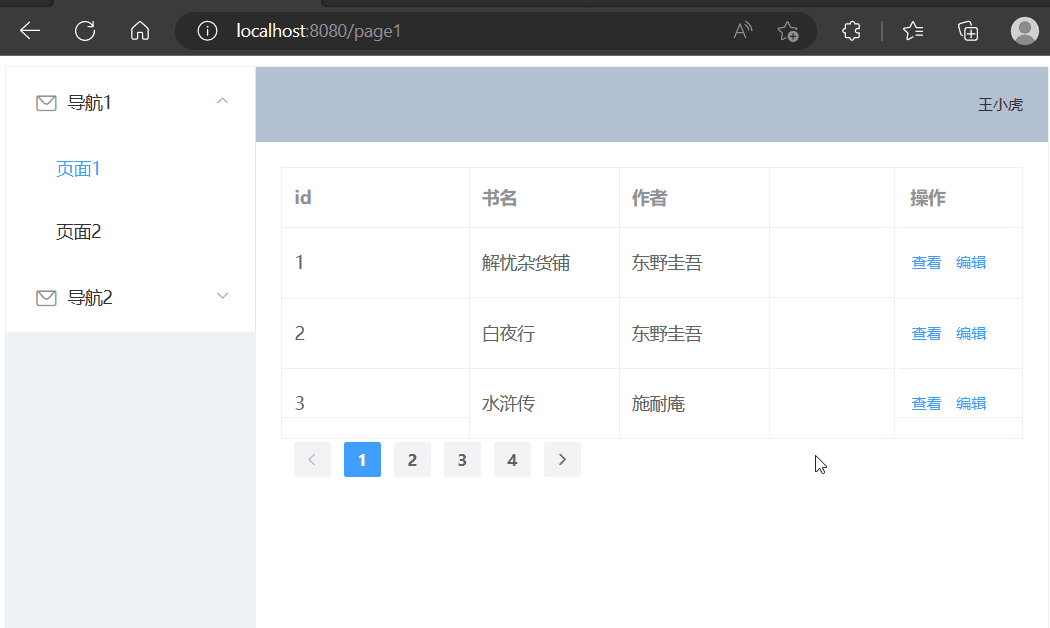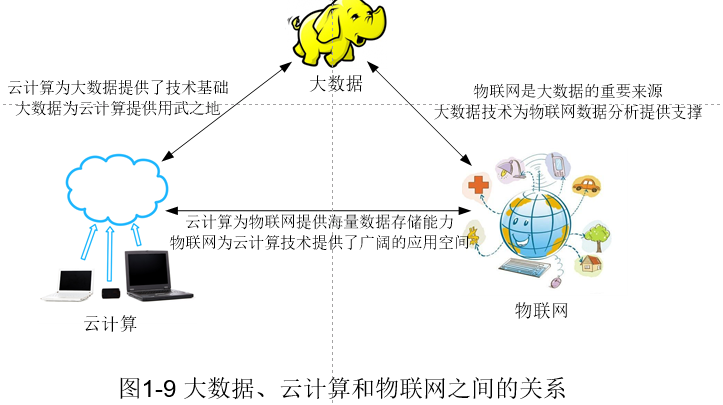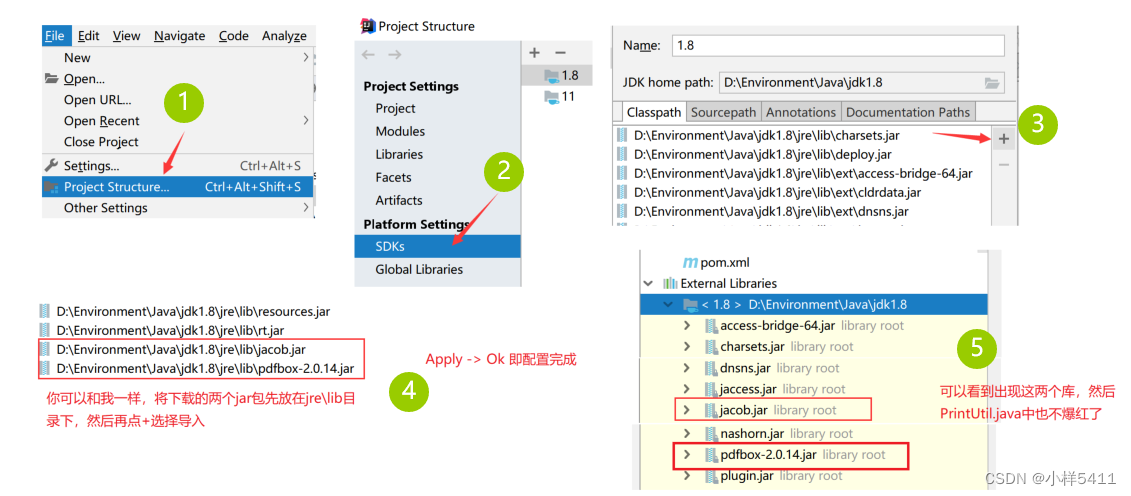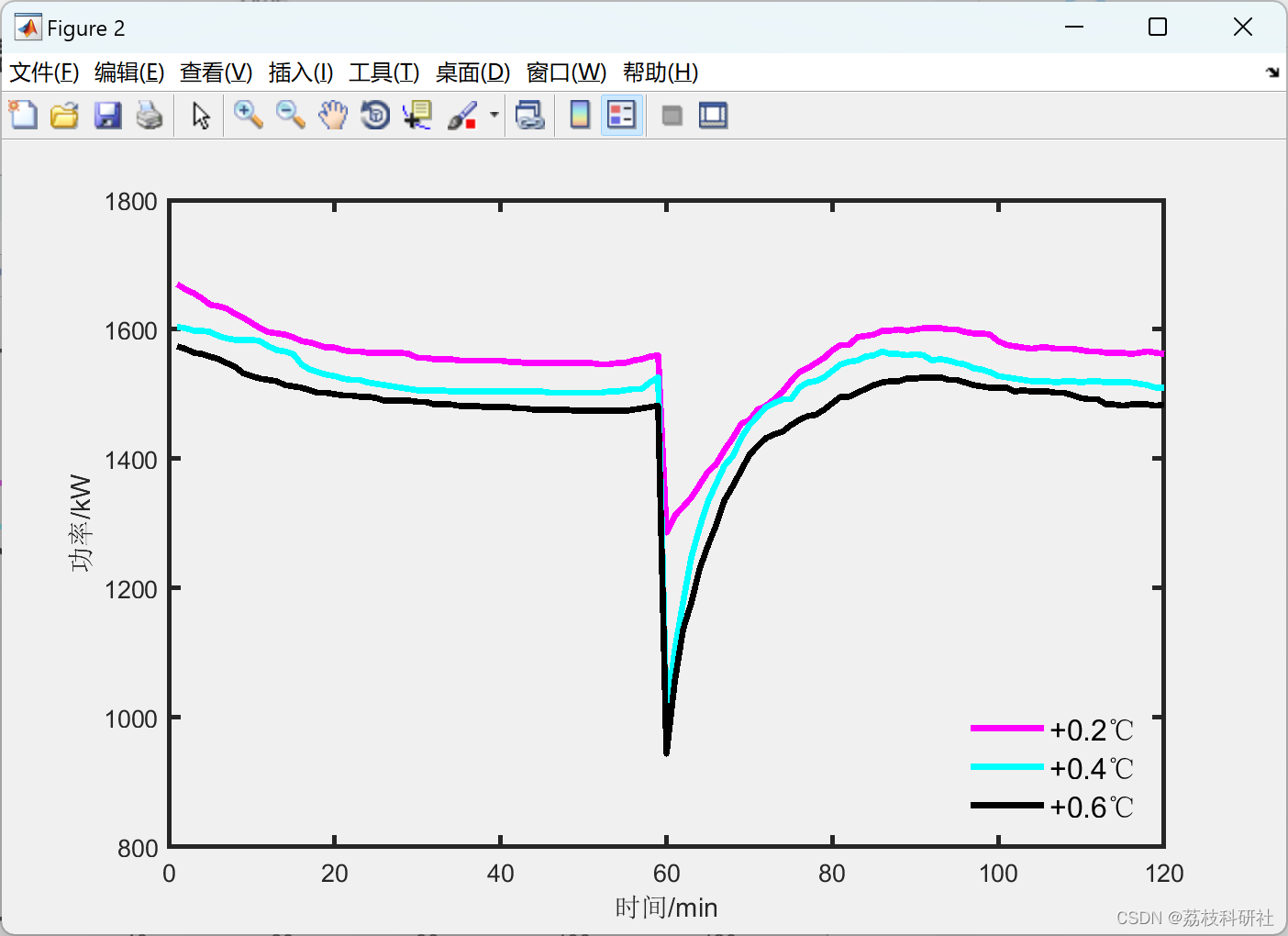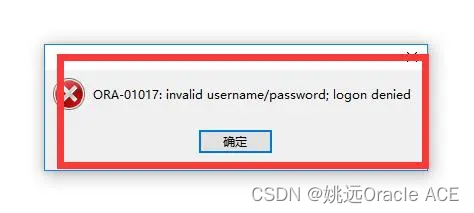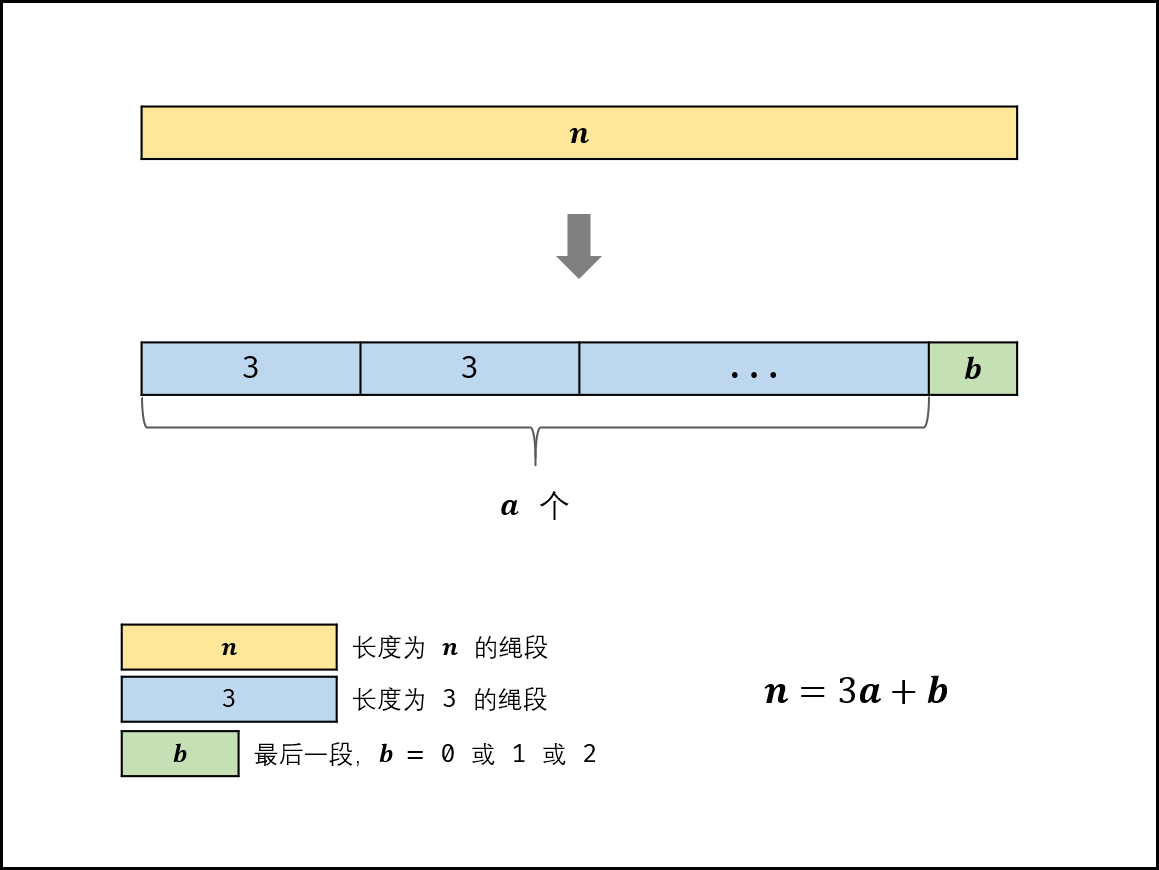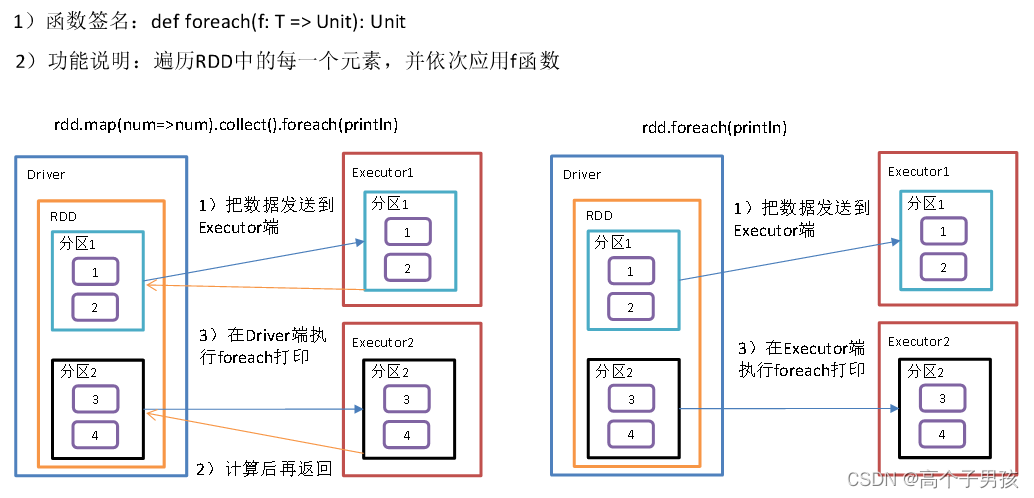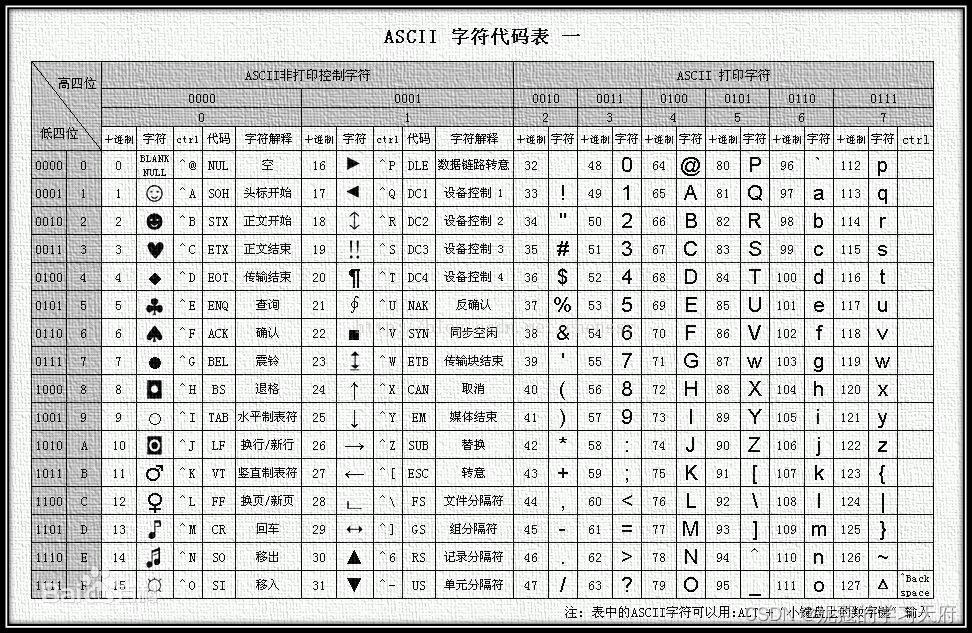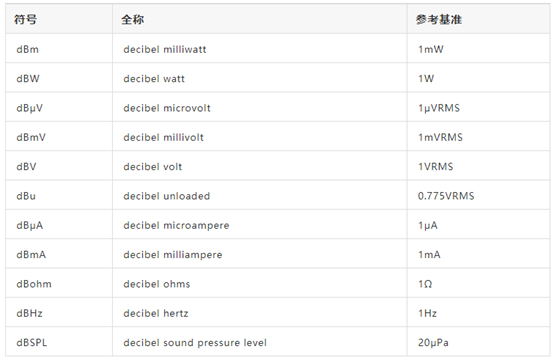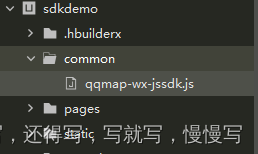文章目录
- 前言
- 项目搭建
- 后端
- 前端
- 代理账号
- 鉴权方式介绍
- 登录校验模块
- 前端鉴权方式
- 后端鉴权方式
- 登录委托
- 使用登录委托
- 处理聊天消息
- 前端鉴权方式
- 后端校验方式
- 项目地址
前言
今天我们来聊一聊一个Paas的方案,如何集成到一个既有的项目中。
以其中一个需求为例子:在产品项目中,加入IM(即时通信)功能,开始徒手撸代码,会发现工作量很大,去github找开源项目,结果也可能事与愿违:功能不够强大,或者用不同的语言编写的,编译出来程序集无法集成到项目中。
可能当下最好的方案是利用独立的聊天功能组件,作为项目的中间件(Paas方案)。
- 组件是独立部署,独立运行的,功能的稳定性,搭建速度快,
- 作为基础设施服务,可以用在其他项目中,并且项目中的对接作为抽象层,可随时替换现有组件。
这个聊天组件就是RocketChat。
RocketChat 是一款免费,开源的聊天软件平台。
其主要功能是:群组聊天、相互通信、私密聊群、桌面通知、文件上传、语音/视频、截图等,实现了用户之间的实时消息转换。
https://github.com/RocketChat/Rocket.Chat
它本身是使用Meteor全栈框架以JavaScript开发的Web聊天服务器。本身带有一个精美的web端,甚至有开源的App端。
集成到一个既有的项目中我们是需要做减法的,然而在实际对接中,我们仍然需要解决一些问题:
首先是Rocket.Chat自己有一套独立的用户系统,其中登录鉴权逻辑,这一部分是我们不需要的。
第二是Rocket.Chat聊天功能依赖这个用户系统,需要简化流程同步用户信息,只保留用户,不需要权限,角色。
准备工作:搭建Rocket.Chat服务
Rocket.Chat有两套Api,一个是基于https的REST Api,和一个基于wss的Realtime API, https://developer.rocket.chat/reference/api/realtime-api
这两个Api都需要鉴权。
解决这个有两套方案,一个是通过完全的后端接管,两个Api都经过后端项目进行转发,另一个是后端只接管REST Api, Realtime API和Rocket.Chat服务直接通信
项目搭建
后端
新建一个.Net 6 Abp项目后,添加AbpBoilerplate.RocketChat库,AbpBoilerplate.RocketChat的具体介绍请参考https://blog.csdn.net/jevonsflash/article/details/128342430
dotnet add package AbpBoilerplate.RocketChat
在Domain层中创建IM项目,创建Authorization目录存放与IM鉴权相关的代码,ImWebSocket目录用于存放处理Realtime API相关的代码.
在搭建Rocket.Chat环节,还记得有一个设置管理员的步骤吗?在AdminUserName和AdminPassword配置中,指定这个管理员的密码,
管理员用于在用户未登录时,提供操作的权限主体,
"Im": {
"Provider": "RocketChat",
"Address": "http://localhost:3000/",
"WebSocketAddress": "ws://localhost:3000/",
"AdminUserName": "super",
"AdminPassword": "123qwe",
"DefaultPassword": "123qwe"
}
前端
用vue2来搭建一个简单的前端界面,需要用到以下库
- element-UI库
- axios
- vuex
- signalr
新建一个vue项目,在package.json中的 "dependencies"添加如下:
"axios": "^0.26.1",
"element-ui": "^2.15.6",
"@microsoft/signalr": "^5.0.6"
"vuex": "^3.6.2"
代理账号
代理账号是一个管理员账号
在程序的启动时,要登录这个管理员账号,并保存Token,程序停止时退出登录这个账号。
我们需要一个cache存储管理员账号的登录信息(用户ID和Token)
在Threads目录下创建ImAdminAgentAuthBackgroundWorker,
并在ImModule中注册这个后台任务
private async Task LoginAdminAgent()
{
var userName = rocketChatConfiguration.AdminUserName;
var password = rocketChatConfiguration.AdminPassword;
var loginResult = await imManager.Authenticate(userName, password);
if (loginResult.Success && loginResult.Content != null)
{
var cache = imAdminAgentCache.GetCache("ImAdminAgent");
await cache.SetAsync("UserId", loginResult.Content.Data.UserId);
await cache.SetAsync("AuthToken", loginResult.Content.Data.AuthToken);
await cache.SetAsync("UserName", userName);
}
else
{
throw new UserFriendlyException("无法登录IM服务Admin代理账号");
}
}
public override async void Stop()
{
base.Stop();
var cache = imAdminAgentCache.GetCache("ImAdminAgent");
var token = (string)cache.Get("AuthToken", (i) => { return string.Empty; });
var userId = (string)cache.Get("UserId", (i) => { return string.Empty; });
if (string.IsNullOrEmpty(token) || string.IsNullOrEmpty(userId))
{
return;
}
using (_iocManager.IocContainer.BeginScope()) //extension method
{
_iocManager.Resolve<SessionContextDto>().Token = token;
_iocManager.Resolve<SessionContextDto>().UserId = userId;
_iocManager.Resolve<SessionContextDto>().IsAuthorized = true;
try
{
await imManager.Logout();
}
catch (Exception ex)
{
throw;
}
}
}
SessionContextDto是一个会话上下文对象,在.net项目中,登录校验成功后写入,在请求Rocket.Chat的时候读取,并写入到请求头中。
在ImModule的PostInitialize方法中注册ImAdminAgentAuthBackgroundWorker
public override void PostInitialize()
{
var workerManager = IocManager.Resolve<IBackgroundWorkerManager>();
workerManager.Add(IocManager.Resolve<ImAdminAgentAuthBackgroundWorker>());
}
用户登录时,需要传用户名密码,用户名是跟.net项目中相同的,密码可以独立设置,也可以设定约定一个默认密码,那么新建用户和登录的时候,可以不用传密码,直接使用默认密码即可,用户成功登录后,将用户ID和Token回传给前端。
定义传输对象类AuthenticateResultDto
public class AuthenticateResultDto
{
public string AccessToken { get; set; }
public string UserId { get; set; }
}
在应用层中创建类ImAppService,创建应用层服务Authenticate,用于用户登录。
private async Task<AuthenticateResultDto> Authenticate(MatoAppSample.Authorization.Users.User user, string password = null)
{
var loginResult = await _imManager.Authenticate(user.UserName, password);
if (loginResult.Success)
{
var userId = loginResult.Content.Data.UserId;
var token = loginResult.Content.Data.AuthToken;
this.imAuthTokenCache.Set(user.UserName, new ImAuthTokenCacheItem(userId, token), new TimeSpan(1, 0, 0));
}
else
{
this.imAuthTokenCache.Remove(user.UserName);
throw new UserFriendlyException($"登录失败, {loginResult.Error}");
}
return new AuthenticateResultDto
{
AccessToken = loginResult.Content.Data.AuthToken,
UserId = loginResult.Content.Data.UserId
};
}
鉴权方式介绍
由于Rocket.Chat的Realtime API基于REST API基础上进行鉴权,在调用完成/api/v1/login接口后,需要在已经建立的Websocket连接中发送
{
"msg": "method",
"method": "login",
"id": "42",
"params":[
{ "resume": "auth-token" }
]
}
详见官方文档
在集成RocketChat时,对于Realtime API方案有二:
-
前端鉴权,前端通过Abp登录后,调用
/api/v1/login接口,返回token之后存入前端Token缓存中,之后前端将与Rocketchat直接建立websocket联系,订阅的聊天消息和房间消息将被直接推送至前端。优点是消息订阅推送直接,效率较高,但前端需要同时顾及Abp的鉴权和RocketChat Realtime API鉴权,前端的代码逻辑复杂,代理账号逻辑复杂,后期扩展性差。小型项目适合此方式
-
后端鉴权,前端通过Abp登录后,调用
/api/v1/login接口,返回token之后存入后端Token缓存中,由后端发起websocket连接,订阅的聊天消息和房间消息将被转发成signalR消息发送给前端,由后端缓存过期机制统一管理各连接的生命周期。优点是统一了前端的消息推送机制,架构更趋于合理,对于多用户端的大型项目,能够减少前端不必要的代码逻辑。但是后端的代码会复杂一些。适合中大型项目。
Realtime API 的前端鉴权

Realtime API 的后端鉴权

登录校验模块
前端鉴权方式
由于是从小程序,或者web端共用的所以要分别从Header和Cookie中获取登录信息,IHttpContextAccessor类型的参数用于从http请求上下文对象中访问Header或Cookie,
整个流程如下:

创建AuthorizedFrontendWrapper.cs,新建AuthorizationVerification方法,此方法是登录校验逻辑
private static void AuthorizationVerification(IHttpContextAccessor _httpContextAccessor, bool useAdminIfNotAuthorized, out StringValues? token, out StringValues? userId)
{
var isCommonUserLoginPassed = true;
token = _httpContextAccessor.HttpContext?.Request.Headers["X-Auth-Token"];
userId = _httpContextAccessor.HttpContext?.Request.Headers["X-User-Id"];
if (!ValidateToken(token, userId))
{
token = _httpContextAccessor.HttpContext?.Request.Cookies["chat_token"];
userId = _httpContextAccessor.HttpContext?.Request.Cookies["chat_uid"];
if (!ValidateToken(token, userId))
{
isCommonUserLoginPassed = false;
}
}
var cache = Manager.GetCache("ImAdminAgent");
if (!isCommonUserLoginPassed)
{
if (useAdminIfNotAuthorized)
{
//若不存在则取admin作为主体
token = (string)cache.Get("AuthToken", (i) => { return string.Empty; });
userId = (string)cache.Get("UserId", (i) => { return string.Empty; });
if (!ValidateToken(token, userId))
{
throw new UserFriendlyException("操作未取得IM服务授权, 当前用户未登录,且初始代理用户未登录");
}
}
else
{
throw new UserFriendlyException("操作未取得IM服务授权, 当前用户未登录");
}
}
else
{
if ((string)cache.Get("UserId", (i) => { return string.Empty; }) == userId.Value)
{
token = (string)cache.Get("AuthToken", (i) => { return string.Empty; });
if (!ValidateToken(token, userId))
{
throw new UserFriendlyException("操作未取得IM服务授权, 初始代理用户未登录");
}
}
}
}
后端鉴权方式
整个流程如下:

创建AuthorizedBackendWrapper.cs,新建AuthorizationVerification方法,登录校验代码如下
public void AuthorizationVerification(out string token, out string userId)
{
User user = null;
try
{
user = userManager.FindByIdAsync(abpSession.GetUserId().ToString()).Result;
}
catch (Exception)
{
}
var userName = user != null ? user.UserName : rocketChatConfiguration.AdminUserName;
var password = user != null ? ImUserDefaultPassword : rocketChatConfiguration.AdminPassword;
var userIdAndToken = imAuthTokenCache.Get(userName, (i) => { return default; });
if (userIdAndToken == default)
{
var loginResult = imManager.Authenticate(userName, password).Result;
if (loginResult.Success && loginResult.Content != null)
{
userId = loginResult.Content.Data.UserId;
token = loginResult.Content.Data.AuthToken;
var imAuthTokenCacheItem = new ImAuthTokenCacheItem(userId, token);
imAuthTokenCache.Set(userName, imAuthTokenCacheItem, new TimeSpan(1, 0, 0));
var userIdentifier = abpSession.ToUserIdentifier();
if (userIdentifier != null)
{
Task.Run(async () =>
{
await Login(imAuthTokenCacheItem, userIdentifier, userName);
});
}
}
else
{
var adminUserName = rocketChatConfiguration.AdminUserName;
var adminPassword = rocketChatConfiguration.AdminPassword;
var adminLoginResult = imManager.Authenticate(adminUserName, adminPassword).Result;
if (adminLoginResult.Success && adminLoginResult.Content != null)
{
userId = adminLoginResult.Content.Data.UserId;
token = adminLoginResult.Content.Data.AuthToken;
if (!ValidateToken(token, userId))
{
throw new UserFriendlyException("操作未取得IM服务授权, 无法登录账号" + userName);
}
}
else
{
throw new UserFriendlyException("账号登录失败:" + adminLoginResult.Error);
}
}
}
else
{
userId = userIdAndToken.UserId;
token = userIdAndToken.Token;
}
if (!ValidateToken(token, userId))
{
throw new UserFriendlyException("操作未取得IM服务授权, 登录失败");
}
}
登录委托
在AuthorizedFrontendWrapper(或AuthorizedBackendWrapper)中
写一个登录委托AuthorizedChatAction,用于包装一个需要登录之后才能使用的操作
public static async Task AuthorizedChatAction(Func<Task> func, IocManager _iocManager)
{
if (_iocManager.IsRegistered<SessionContextDto>())
{
string token, userId;
AuthorizationVerification(out token, out userId);
using (_iocManager.IocContainer.Begin()) //extension method
{
_iocManager.Resolve<SessionContextDto>().Token = token;
_iocManager.Resolve<SessionContextDto>().UserId = userId;
_iocManager.Resolve<SessionContextDto>().IsAuthorized = true;
try
{
await func();
}
catch (Exception ex)
{
throw;
}
}
}
else
{
throw new UserFriendlyException("没有注册即时通信会话上下文对象");
}
}
使用登录委托
我们在创建IM相关方法的时候,需要用AuthorizedFrontendWrapper(或AuthorizedBackendWrapper),来包装登录校验的逻辑。
public async Task<bool> DeleteUser(long userId)
{
var user = await _userManager.GetUserByIdAsync(userId);
var result = await AuthorizedBackendWrapper.AuthorizedChatAction(() =>
{
return _imManager.DeleteUser(user.UserName);
}, _iocManager);
if (!result.Success || !result.Content)
{
throw new UserFriendlyException($"删除失败, {result.Error}");
}
return result.Content;
}
处理聊天消息
前端鉴权方式
新建messageHandler_frontend_auth.ts处理程序
客户端支持WebSocket的浏览器中,在创建socket后,可以通过onopen、onmessage、onclose和onerror四个事件对socket进行响应。
我已经封装好了一个WebSocket 通信模块\web\src\utils\socket.ts,Socket对象是一个WebSocket抽象,后期将扩展到uniapp小程序项目上使用的WebSocket。通过这个对象可以方便的进行操作。
创建一个Socket对象wsConnection,用于接收和发送基于wss的Realtime API消息
const wsRequestUrl: string = "ws://localhost:3000/websocket";
const socketOpt: ISocketOption = {
server: wsRequestUrl,
reconnect: true,
reconnectDelay: 2000,
};
const wsConnection: Socket = new Socket(socketOpt);
WebSocket的所有操作都是采用事件的方式触发的,这样不会阻塞UI,是的UI有更快的响应时间,有更好的用户体验。
连接建立后,客户端和服务器就可以通过TCP连接直接交换数据。我们订阅onmessage事件触发newMsgHandler处理信息
wsConnection.$on("message", newMsgHandler);
当链接打开后,立即发送{"msg":"connect","version":"1","support":["1","pre2","pre1"]}报文
wsConnection.$on("open", (newMsg) => {
console.info("WebSocket Connected");
wsConnection.send({
msg: "connect",
version: "1",
support: ["1"],
});
});
建立链接后,会从Rocket.Chat收到connected消息,此时需要发送登录请求的消息到Rocket.Chat
接收到报文
"{"msg":"connected","session":"cMvzWpCNSCR24bwCf"}"
发送报文
{"msg":"method","method":"login","params":[{"resume":"wY67O8rJFyf2FrqD5vxpQjIUs5tdThmyfW_VaA7MrsG"}],"id":"1"}
接下来,在newMsgHandler方法中,根据msg类型,处理一系列的消息
const newMsgHandler: Function = (newMsgRaw) => {
if (!getIsNull(newMsgRaw)) {
if (newMsgRaw.msg == "ping") {
wsConnection.send({
msg: "pong",
});
} else if (newMsgRaw.msg == "connected") {
let newMsg: ConnectedWsDto = newMsgRaw
let session = newMsg.session;
if (
wsConnection.isConnected
) {
wsConnection.send({
msg: "method",
method: "login",
params: [
{
resume: UserModule.chatToken,
},
],
id: "1",
});
}
} else if (newMsgRaw.msg == "added") {
subEvent("stream-notify-user", "message");
subEvent("stream-notify-user", "subscriptions-changed");
subEvent("stream-notify-user", "rooms-changed");
} else if (newMsgRaw.msg == "changed") {
let newMsg: SubChangedWsDto = newMsgRaw
if (newMsg.collection == "stream-notify-user") {
let fields = newMsg.fields;
if (fields.eventName.indexOf("/") != -1) {
let id = fields.eventName.split('/')[0];
let eventName = fields.eventName.split('/')[1];
if (eventName == "subscriptions-changed") {
let args = fields.args;
let msg: ISubscription = null;
let method: string;
args.forEach((arg) => {
if (typeof arg == "string") {
if (arg == "remove" || arg == "insert") {
method = arg;
}
}
else if (typeof arg == "object") {
msg = arg
}
});
$EventBus.$emit("getRoomSubscriptionChangedNotification", { msg, method });
}
else if (eventName == "rooms-changed") {
let args = fields.args;
let msg: RoomMessageNotificationDto = null;
args.forEach((arg) => {
if (typeof arg == "object") {
msg = arg
}
});
$EventBus.$emit("getRoomMessageNotification", msg.lastMessage);
}
}
else {
let id = fields.eventName
}
}
else if (newMsg.collection == "stream-room-messages") {
let fields = newMsg.fields;
let id = fields.eventName
let msg: MessageItemDto = fields.args;
$EventBus.$emit("getRoomMessageNotification", msg);
}
}
}
}
store/chat.ts文件中,定义了ChatState用于存储聊天信息,当有消息收到,或者房间信息变更时,更新这些存储对象
export interface IChatState {
currentChannel: ChannelDto;
channelList: Array<ChannelDto>;
currentMessage: MessageDto;
}
后端校验方式
Login时将生成webSocket对象,并发送connect消息
public async Task Login(ImAuthTokenCacheItem imAuthTokenCacheItem, UserIdentifier userIdentifier, string userName)
{
using (var webSocket = new ClientWebSocket())
{
webSocket.Options.RemoteCertificateValidationCallback = delegate { return true; };
var url = Flurl.Url.Combine(rocketChatConfiguration.WebSocketHost, "websocket");
await webSocket.ConnectAsync(new Uri(url), CancellationToken.None);
if (webSocket.State == WebSocketState.Open)
{
var model = new ImWebSocketConnectRequest()
{
Msg = "connect",
Version = "1",
Support = new string[] { "1" }
};
var jsonStr = JsonConvert.SerializeObject(model);
var sendStr = Encoding.UTF8.GetBytes(jsonStr);
await webSocket.SendAsync(sendStr, WebSocketMessageType.Text, true, CancellationToken.None);
await Echo(webSocket, imAuthTokenCacheItem, userIdentifier, userName);
}
}
}
每次接收指令时,将判断缓存中的Token值是否合法,若不存在,或过期(session变化),将主动断开websocket连接
在接收Realtime API消息后,解析方式同前端鉴权逻辑
在拿到数据后,做signalR转发。
private async Task Echo(WebSocket webSocket, ImAuthTokenCacheItem imAuthTokenCacheItem, UserIdentifier userIdentifier, string userName)
{
JsonSerializerSettings serializerSettings = new JsonSerializerSettings()
{
NullValueHandling = NullValueHandling.Ignore
};
var buffer = new byte[1024 * 4];
var receiveResult = await webSocket.ReceiveAsync(
new ArraySegment<byte>(buffer), CancellationToken.None);
string session=string.Empty;
ImAuthTokenCacheItem im;
while (!receiveResult.CloseStatus.HasValue)
{
im = imAuthTokenCache.GetOrDefault(userName);
if (im == null)
{
await webSocket.CloseAsync(WebSocketCloseStatus.NormalClosure,
"缓存超时自动退出",
CancellationToken.None);
Console.WriteLine(userName + "超时主动断开IM连接");
break;
}
else
{
if (!string.IsNullOrEmpty(session) && im.Session!=session)
{
await webSocket.CloseAsync(WebSocketCloseStatus.NormalClosure,
"缓存更新自动退出",
CancellationToken.None);
Console.WriteLine(userName + "缓存更新主动断开IM连接");
break;
}
}
var text = Encoding.UTF8.GetString(buffer.AsSpan(0, receiveResult.Count));
if (!string.IsNullOrEmpty(text))
{
dynamic response = JsonConvert.DeserializeObject<dynamic>(text);
if (response.msg == "ping")
{
var model = new ImWebSocketCommandRequest()
{
Msg = "pong",
};
var jsonStr = JsonConvert.SerializeObject(model, serializerSettings);
var sendStr = Encoding.UTF8.GetBytes(jsonStr);
await webSocket.SendAsync(sendStr, WebSocketMessageType.Text, true, CancellationToken.None);
}
if (response.msg == "connected")
{
session = response.session;
var model = new ImWebSocketCommandRequest()
{
Msg = "method",
Method = "login",
Params = new object[]{
new {
resume = imAuthTokenCacheItem.Token,
}
},
Id = "1"
};
imAuthTokenCacheItem.Session = session;
imAuthTokenCache.Set(userName, imAuthTokenCacheItem, new TimeSpan(1, 0, 0));
var jsonStr = JsonConvert.SerializeObject(model, serializerSettings);
var sendStr = Encoding.UTF8.GetBytes(jsonStr);
await webSocket.SendAsync(sendStr, WebSocketMessageType.Text, true, CancellationToken.None);
}
else if (response.msg == "added")
{
await SubEvent(webSocket, imAuthTokenCacheItem, "stream-notify-user", "message");
await SubEvent(webSocket, imAuthTokenCacheItem, "stream-notify-user", "subscriptions-changed");
await SubEvent(webSocket, imAuthTokenCacheItem, "stream-notify-user", "rooms-changed");
}
else if (response.msg == "changed")
{
var newMsg = response;
if (newMsg.collection == "stream-notify-user")
{
var fields = newMsg.fields;
var fullEventName = fields.eventName.ToString();
if (fullEventName.IndexOf("/") != -1)
{
var id = fullEventName.Split('/')[0];
var eventName = fullEventName.Split('/')[1];
if (eventName == "subscriptions-changed")
{
var args = fields.args;
dynamic msg = null;
var method = string.Empty;
foreach (var arg in args as IEnumerable<dynamic>)
{
if (arg.ToString() == "remove" || arg.ToString() == "insert")
{
method = arg.ToString();
}
else
{
msg = arg;
}
}
await signalREventPublisher.PublishAsync(userIdentifier, "getRoomSubscriptionChangedNotification", new { msg, method });
}
else if (eventName == "rooms-changed")
{
var args = fields.args;
dynamic msg = null;
var method = string.Empty;
foreach (var arg in args as IEnumerable<dynamic>)
{
if (arg.ToString() == "updated")
{
method = arg.ToString();
}
else
{
msg = arg;
}
};
var jobject = msg.lastMessage as JObject;
await signalREventPublisher.PublishAsync(userIdentifier, "getRoomMessageNotification", jobject);
}
}
else
{
var id = fields.eventName;
}
}
}
else if (response.collection == "stream-room-messages")
{
var fields = response.fields;
var id = fields.eventName;
var msg = fields.args;
var jobject = msg as JObject;
await signalREventPublisher.PublishAsync(userIdentifier, "getRoomMessageNotification", jobject);
}
}
try
{
receiveResult = await webSocket.ReceiveAsync(
new ArraySegment<byte>(buffer), CancellationToken.None);
}
catch (Exception ex)
{
Console.WriteLine(userName + "异常断开IM连接");
break;
}
}
try
{
await webSocket.CloseAsync(
receiveResult.CloseStatus.Value,
receiveResult.CloseStatusDescription,
CancellationToken.None);
}
catch (Exception ex)
{
}
imAuthTokenCache.Remove(userName);
}
private async Task SubEvent(WebSocket webSocket, ImAuthTokenCacheItem imAuthTokenCacheItem, string name, string type)
{
var eventstr = $"{imAuthTokenCacheItem.UserId}/${type}";
var id = RandomHelper.GetRandom(100000).ToString().PadRight(5, '0');
var model = new ImWebSocketCommandRequest()
{
Msg = "sub",
Params = new object[]{eventstr,
new {
useCollection= false,
args = new string[]{ }
}
},
Id = id,
Name = name,
};
var jsonStr = JsonConvert.SerializeObject(model);
var sendStr = Encoding.UTF8.GetBytes(jsonStr);
await webSocket.SendAsync(sendStr, WebSocketMessageType.Text, true, CancellationToken.None);
}
SignalREventPublisher.cs 中的PublishAsync,将消息转发给对应的用户。
public async Task PublishAsync(IUserIdentifier userIdentifier, string method, object message)
{
try
{
var onlineClients = _onlineClientManager.GetAllByUserId(userIdentifier);
foreach (var onlineClient in onlineClients)
{
var signalRClient = _hubContext.Clients.Client(onlineClient.ConnectionId);
if (signalRClient == null)
{
Logger.Debug("Can not get user " + userIdentifier.ToUserIdentifier() + " with connectionId " + onlineClient.ConnectionId + " from SignalR hub!");
continue;
}
await signalRClient.SendAsync(method, message);
}
}
catch (Exception ex)
{
Logger.Warn("Could not send notification to user: " + userIdentifier.ToUserIdentifier());
Logger.Warn(ex.ToString(), ex);
}
}
前端代码则要简单得多
新建messageHandler_backend_auth.ts处理程序
import * as signalR from "@microsoft/signalr";
创建一个HubConnection对象hubConnection,用于接收SignalR消息
const baseURL = "http://localhost:44311/"; // url = base url + request url
const requestUrl = "signalr";
let header = {};
if (UserModule.token) {
header = {
"X-XSRF-TOKEN": UserModule.token,
Authorization: "Bearer " + UserModule.token,
};
}
//signalR config
const hubConnection: signalR.HubConnection = new signalR.HubConnectionBuilder()
.withUrl(baseURL + requestUrl, {
headers: header,
accessTokenFactory: () => getAccessToken(),
transport: signalR.HttpTransportType.WebSockets,
logMessageContent: true,
logger: signalR.LogLevel.Trace,
})
.withAutomaticReconnect()
.withHubProtocol(new signalR.JsonHubProtocol())
.build();
我们只需要响应后端程序中定义好的signalR消息的methodName就可以了
hubConnection.on("getRoomMessageNotification", (n: MessageItemDto) => {
console.info(n.msg)
if (ChatModule.currentChannel._id != n.rid) {
ChatModule.increaseChannelUnread(n.rid);
} else {
if (n.t == null) {
n.from =
n.u.username == UserModule.userName
? constant.MSG_FROM_SELF
: constant.MSG_FROM_OPPOSITE;
} else {
n.from = constant.MSG_FROM_SYSTEM;
}
ChatModule.appendMessage(n);
}
});
hubConnection.on("getRoomSubscriptionChangedNotification", (n) => {
console.info(n.method, n.msg)
if (n.method == "insert") {
console.info(n.msg + "has been inserted!");
ChatModule.insertChannel(n.msg);
}
else if (n.method == "update") {
}
});
至此,完成了所有的集成工作。
此文目的是介绍一种思路,使用缓存生命周期管理的相关机制,规避第三方用户系统对现有项目的用户系统的影响。举一反三,可以用到其他Paas的方案集成中。最近ChatGPT很火,可惜没时间研究怎么接入,有闲工夫的同学们可以尝试着写一个ChatGPT聊天机器人,欢迎大家评论留言!
最终效果如图
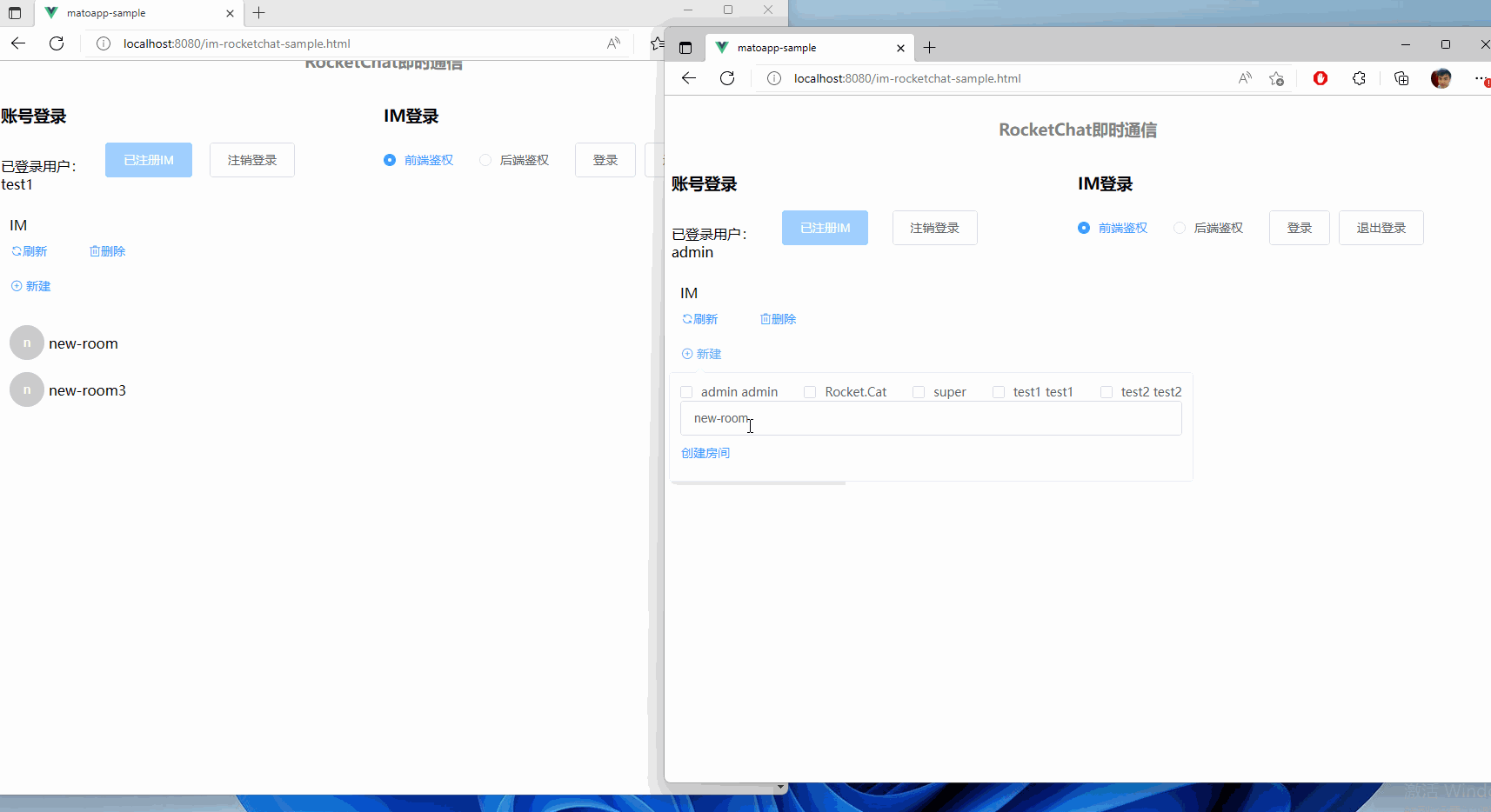
项目地址
Github:matoapp-samples
